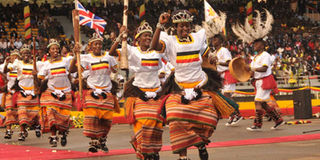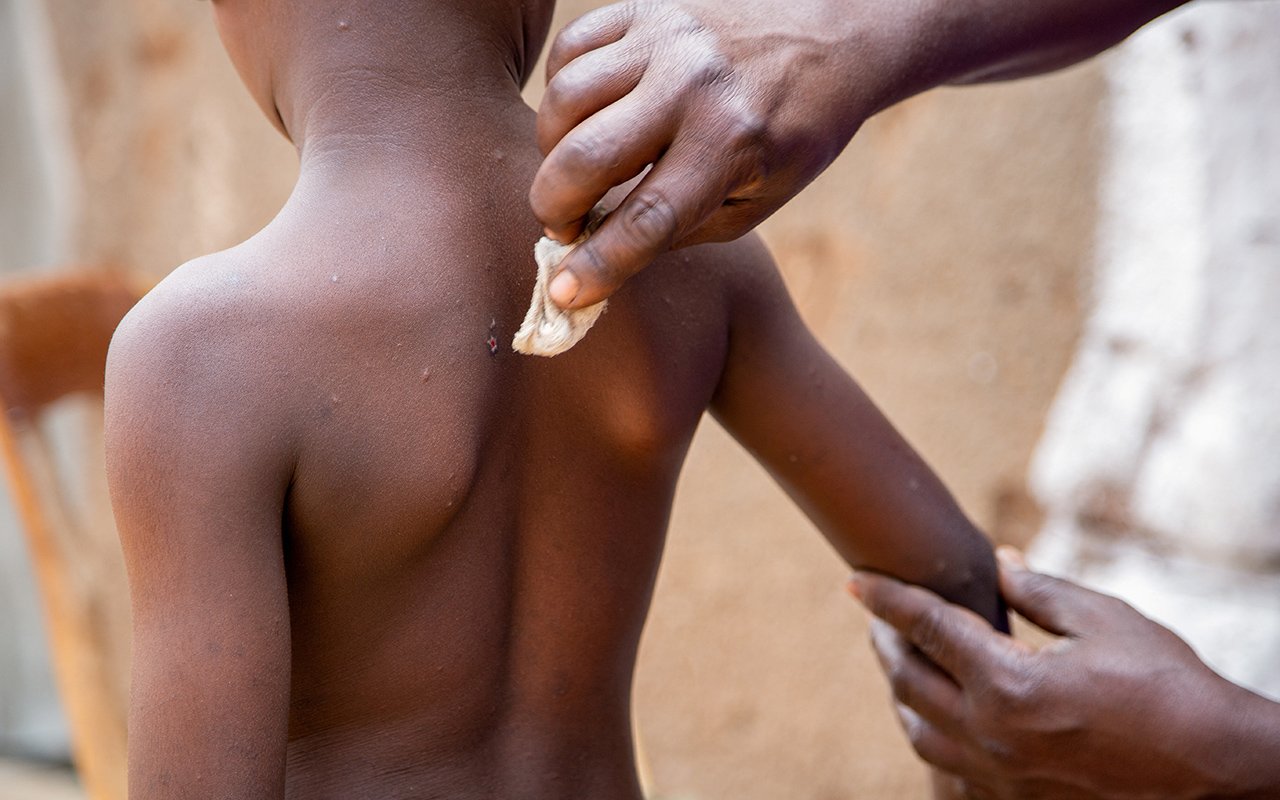Prime
Covid-19 alters Independence Day celebrations

Traditional dancers perform at a past Independence Day event. FILE PHOTO
What you need to know:
- The minister attributed the achievements Uganda has registered since Independence partly to the ruling NRM government which has been in power for over 30 years.
Unlike in the past, this year’s Independence Day celebrations in Uganda will be held in a “scientific” manner in what is now termed as the new normal, government has said.
The Minister for Presidency, Ms Esther Mbayo, said Wednesday that there will be no traditional programmes and fanfare like it has been during the past celebrations held every October 9, because Uganda is still observing the Ministry of Health guidelines of the Standard Operating Procedures as government manages the Covid-19 pandemic, which has infected thousands of citizens and left scores dead.
“The day’s programme will be aired live on all television and radio channels across the country. As most of us are aware, Uganda got her independence in 1962 from our then colonial masters, the British. The journey since that time has not been an easy one because it has been characterised by many ups and downs. This indeed was by design. Our colonial masters handed us independence with a lot of confusion and tricky unresolved political issues that have made part of our journey very catastrophic,” Ms Mbayo said.
This year’s ceremony under the theme; “Celebrating Uganda’s steady progress towards economic take off and self-sustaining economic growth” will be presided over by President Museveni who has been in power since 1986.
“A few VVIPs will join the president at State House Entebbe to celebrate the day,” she added.
The Ministry of Health Wednesday said they had recorded one more virus death from Jinja district as fatalities rose to 85. Further 178 new infections have been recorded, bringing the total number of confirmed cases to 9,260 with 5,588 recoveries. So far, government says 497,498 people have been tested for the virus since March this year.
Ms Mbayo attributed the achievements Uganda has registered since Independence partly to the ruling NRM government which has been in power for over 30 years.

President Museveni inspects a guard of honor during the 56th Independence Day celebrations in Kyotera on October 9, 2018. PHOTO BY MICHAEL KAKUMIRIZI
“Ugandans today live almost twice as long as the independence generation. This is thanks, in part, to recent programmes that make medical equipment available to parts of the country once under-served. Thanks, to the NRM administration’s free maternal care programme, so far infant and child mortality has been tremendously reduced giving hope to thousands of mothers, Referral Hospitals, Health Centre IVs, Health Centre IIIs and Health Centre IIs have been constructed across the country to further enhance universal health care in Uganda,” she said.
Ms Mbayo said Uganda’s economic growth has averaged 7 percent over the last 30 years with sustained single-digit inflation over a long time to date.
“Government will be implementing National Development Plan (NDP) III and focus on strategic objectives such as enhancing value addition to the productive sectors, which include agro-processing, mineral led industrialization, oil refinery among others,” she added.
On the education, the minister said school enrolment has grown over time coupled with good school structures.
“The Government of Uganda introduced Universal Primary and Secondary Education and partially in tertiary institutions and virtually every child in our country benefits from free education, an opportunity open to fewer hundreds at independence. We have over 10.78 million children in our primary schools, 1.95 million in secondary schools and these are supported by the government of Uganda.”


